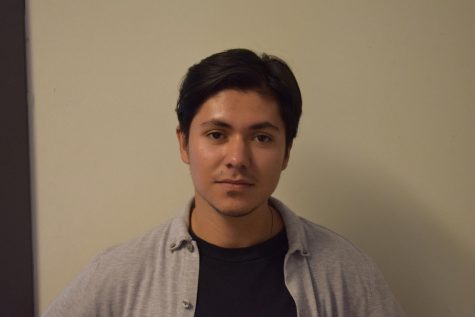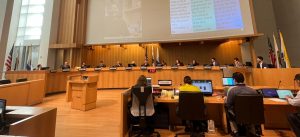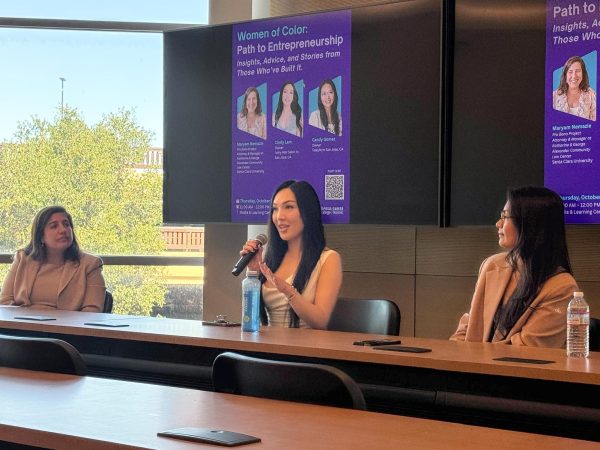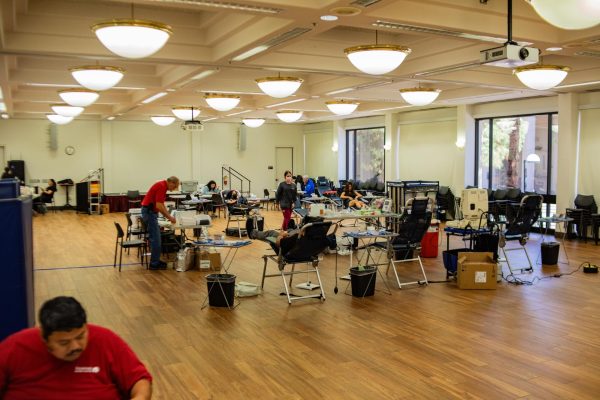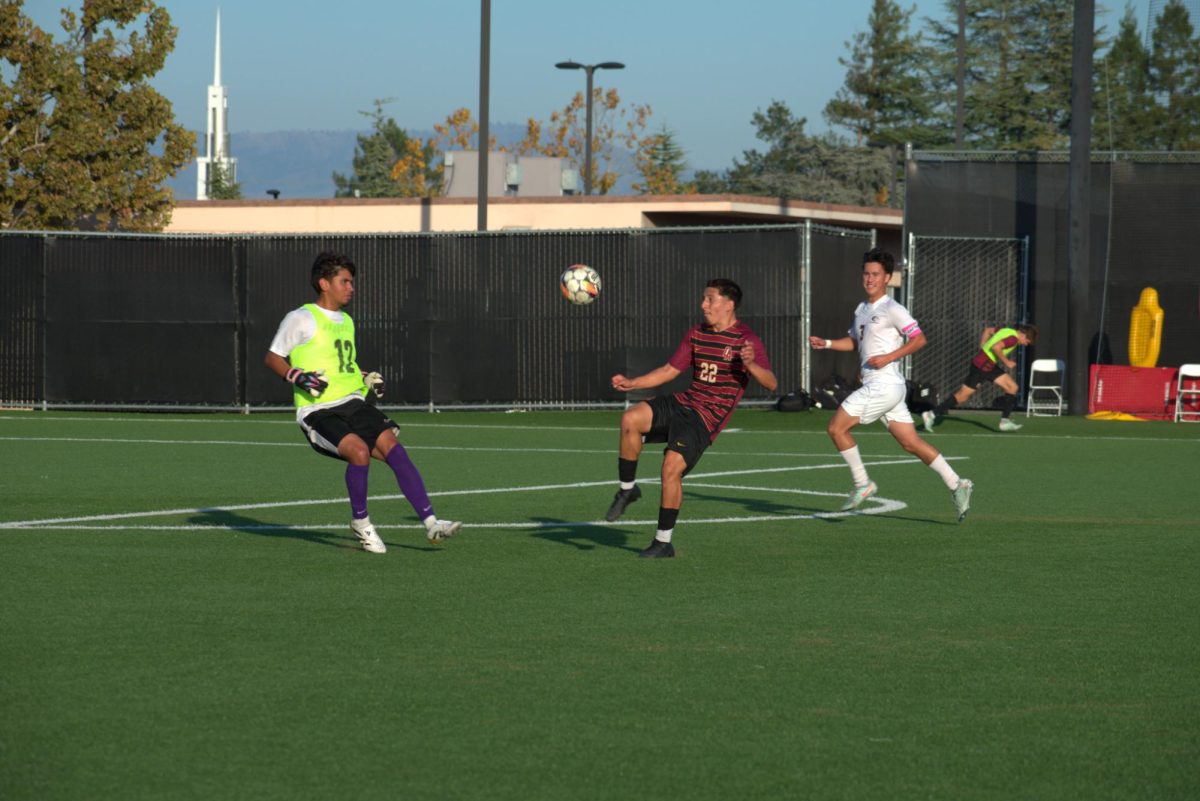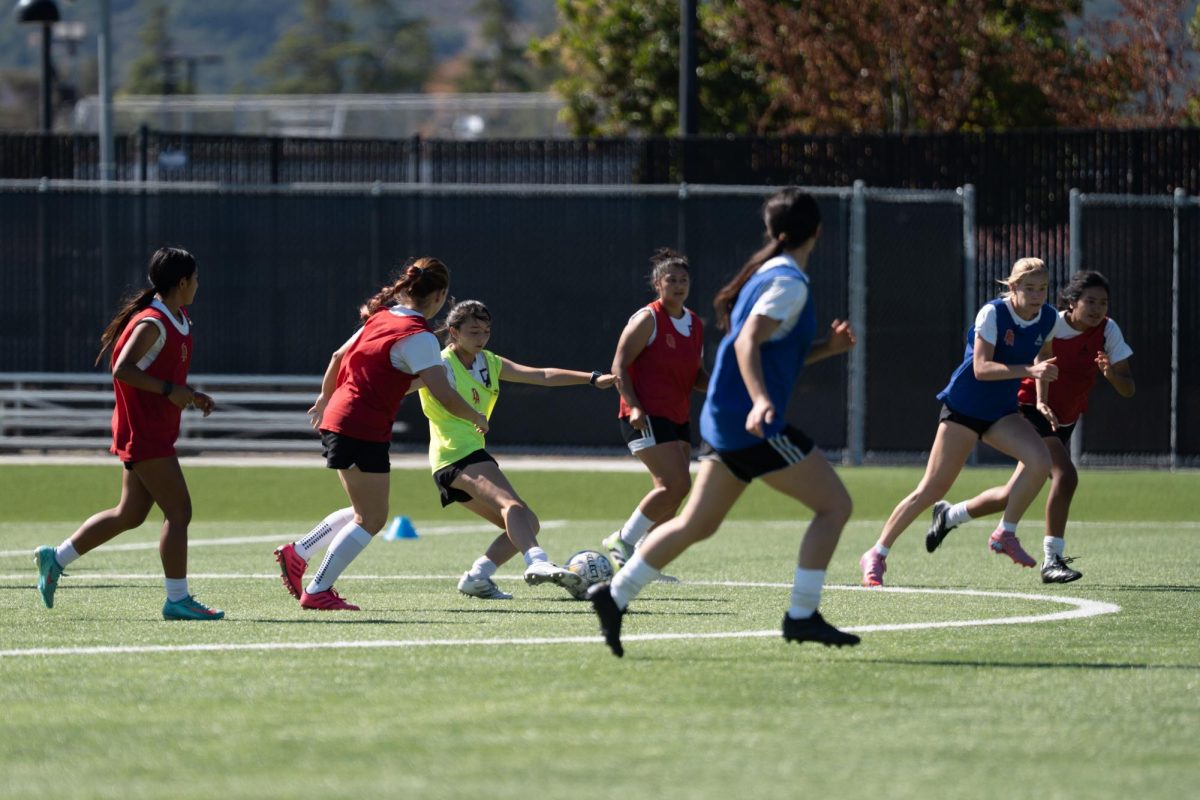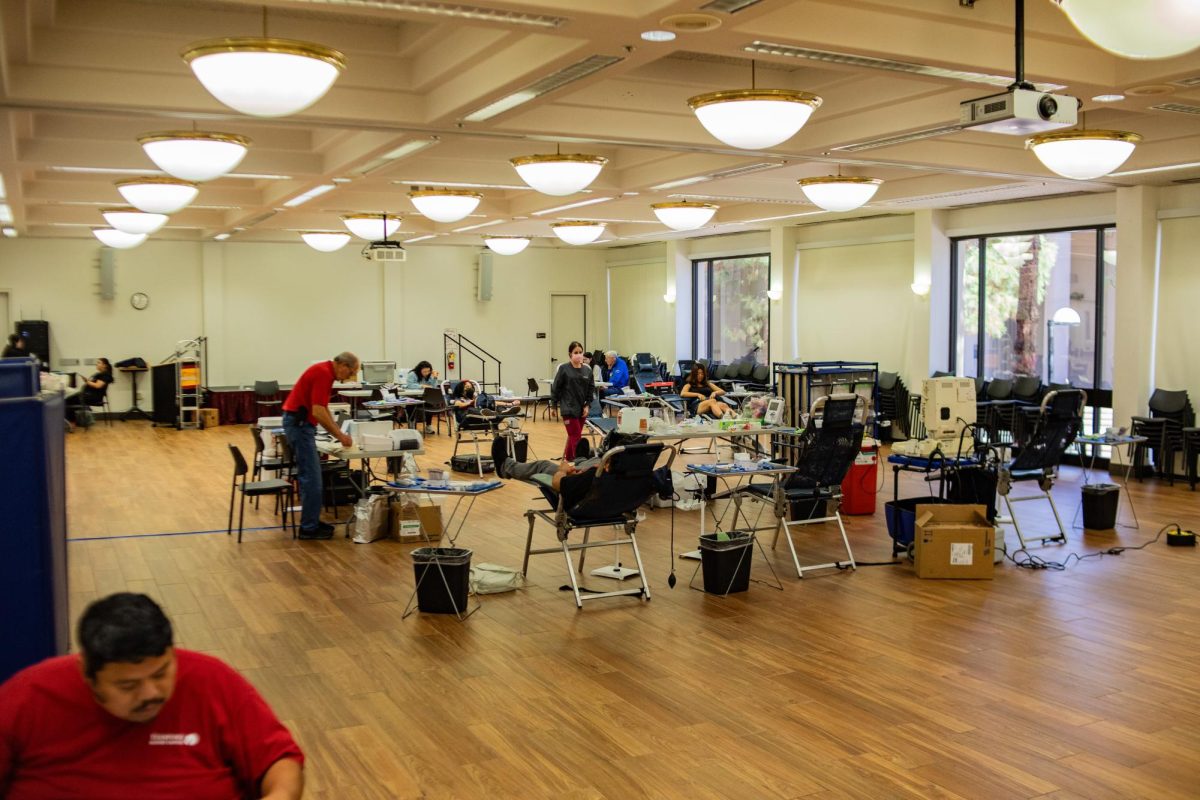Stricter policies against student-teacher relationships
Legislation being pushed by student senators
May 7, 2019
Student senators in California Community Colleges are advocating for strict language policy changes in school legislation, including Foothill-De Anza, prohibiting relationships among students and faculty.
Policies in Foothill-De Anza legislation state employees are expected to act in accordance with ethical conduct, district policy and procedure, according to Dorene Novotny, vice-chancellor of human resources and equal opportunities.
But there is no current anti-fraternization policies in district legislation prohibiting against consensual relationships.
“Consensual relationships between two adults is not prohibited,” said Novotny.
“Though, we caution employees, especially faculty, about entering into such relationships with students, noting the risk inherent if at any time the relationship is no longer consensual.”
Lawrence Su, chair of legislative affairs, first brought this issue up at the Jan. 30 DASB senate meeting.
He noticed how other public and private universities in California all had legislation with specific language prohibiting relationships between students and faculty.
Su said how morally and ethically wrong it is that California Community Colleges do not have the same language in the legislation.
“For some reason, the largest public educational system institution in the country made up of 2.1 million California community college students, doesn’t have any regulation for that,” Su said.
The DASB senate endorsed the policy with no objections during that same meeting.
Su brought the resolution to the Student Senate for California Community Colleges which voted to adopt the resolution with a 29-18 majority vote with one abstention at the general assembly meeting on April 5.
The adopted resolution pushes to implement regulations within legislation to prohibit student-teacher relationships.
Su said adding the language to policy legislation is not asking for much and that they modeled it after policies from Stanford and MIT.
Now that the resolution was approved by SSCCC, Su said the next step is getting faculty, including the Faculty Association of California Community Colleges, on board with the resolution.
Tim Shively, president of the Foothill-De Anza Faculty Association, said he knows about recent cases involving complaints about sexual relations with faculty and agrees the issue needs to be addressed.
Shively said that most of the faculty he knows would support the resolution, but that there always will be people who will not support it.
“It’s hard to get a complete census on anything,” he said.
Shively also said this legislation would not discourage faculty who try to extend the learning experience outside of the classroom.
“I know of several faculty who have invited their students for barbeques,” he said. “I think that that’s a potentially valuable experience for a college student is to take it outside the classroom in a more socially friendly environment.”
But he said it should not be a one-on-one kind of thing, but rather a chance to open up and ask more questions.
Su said he will be pushing for the anti-fraternization policy and that he hopes he can get both students and faculty to push for the change in order to keep students safe.
“At the end of the day,” Su said. “It’s all for the protection of California Community College students.”



